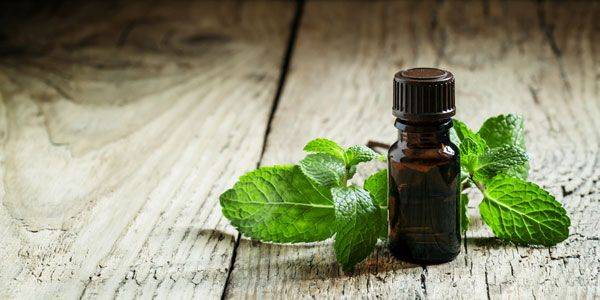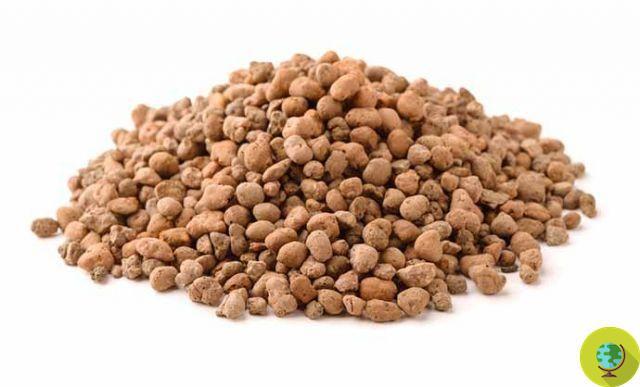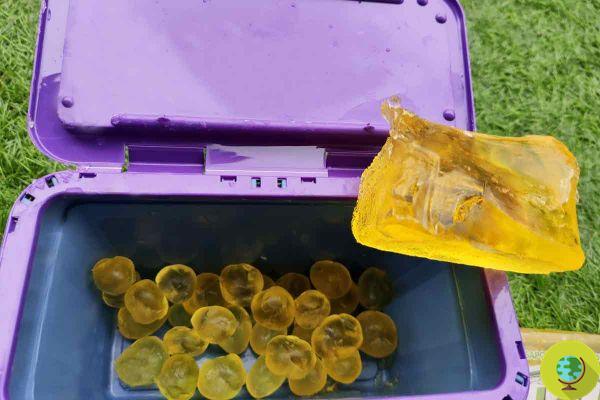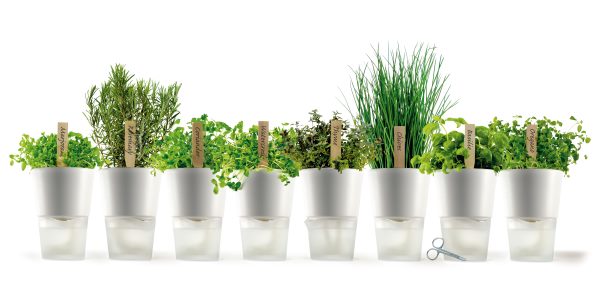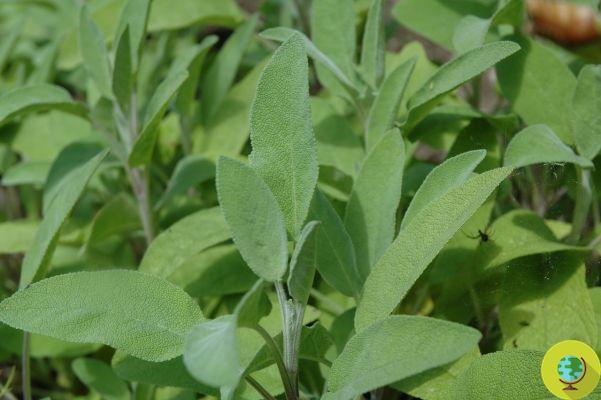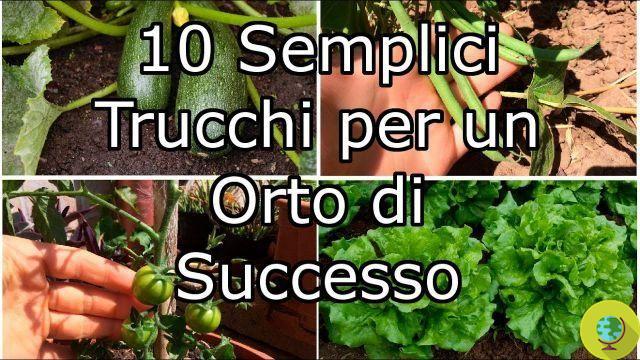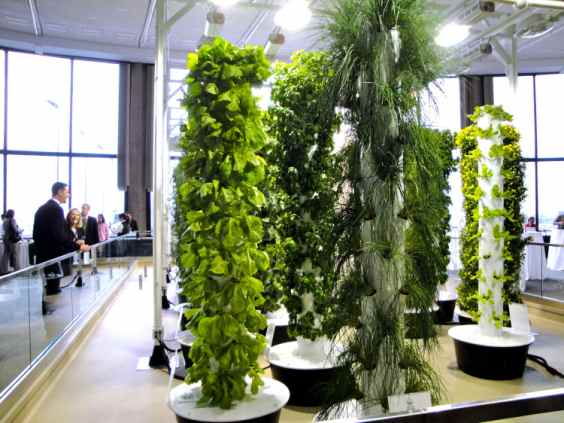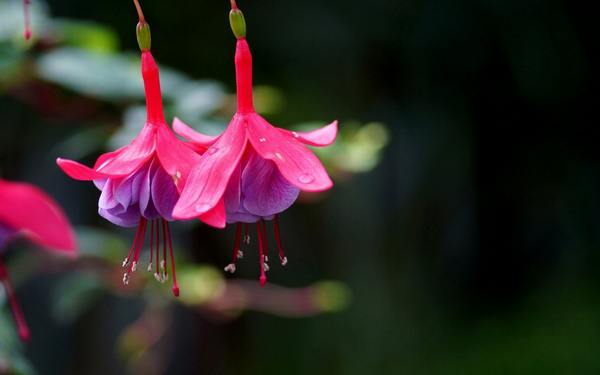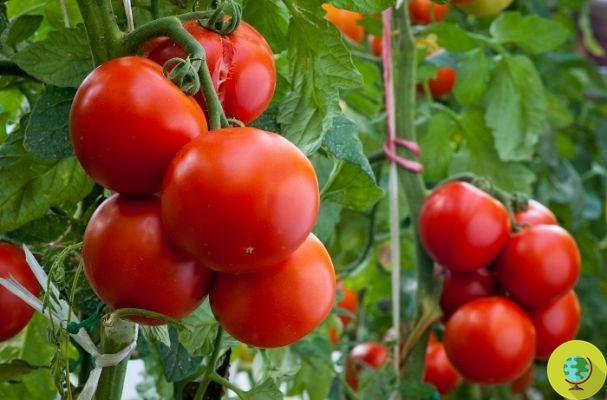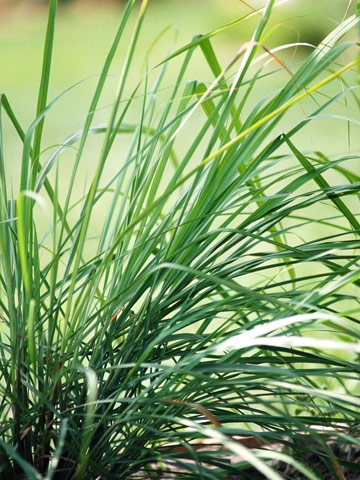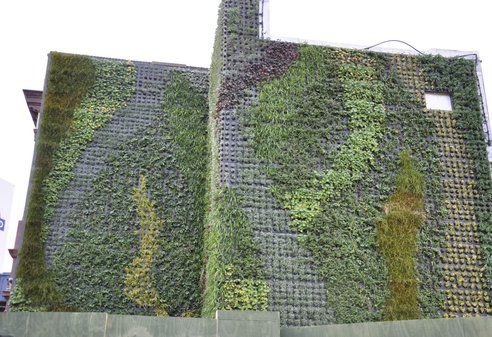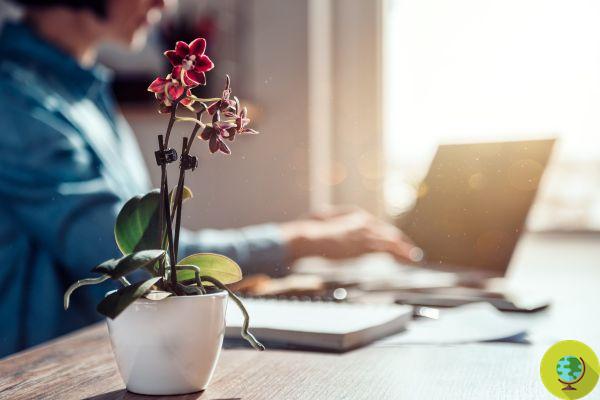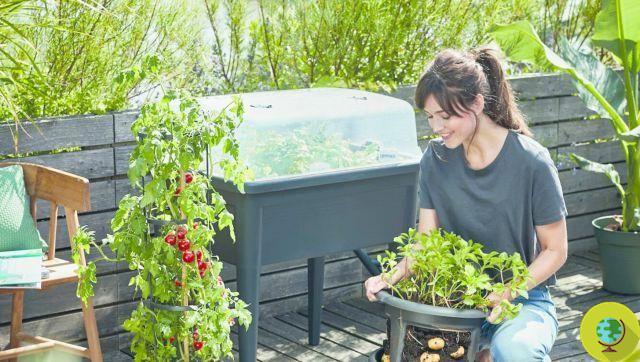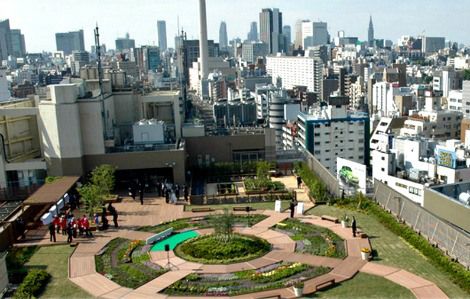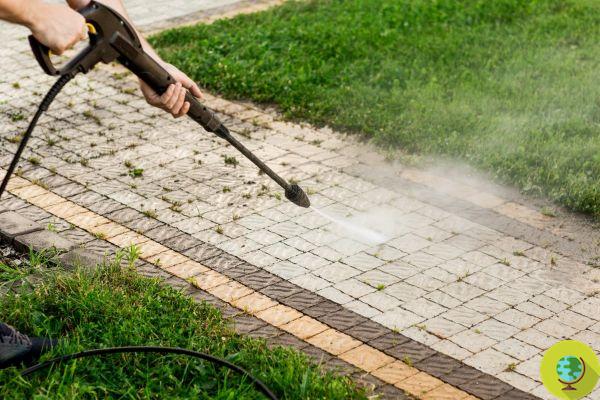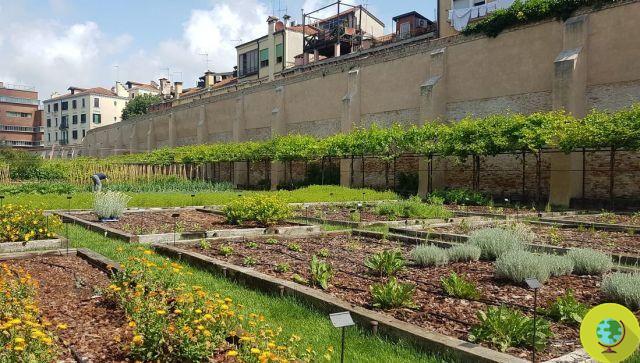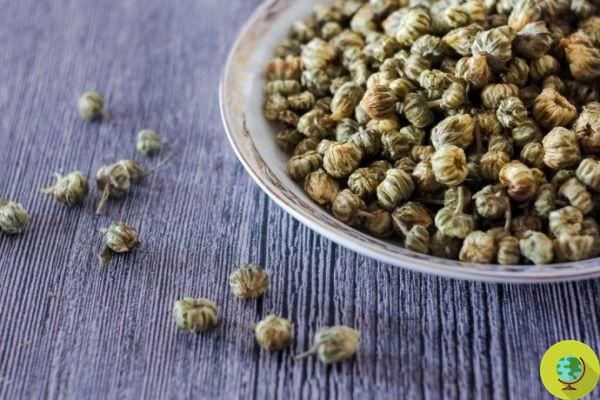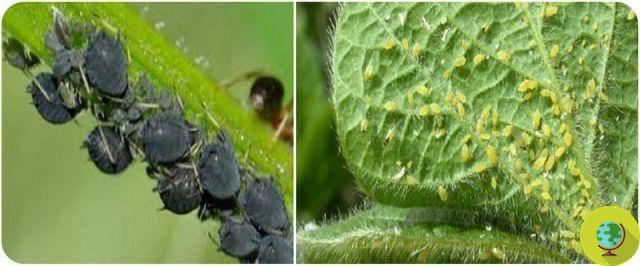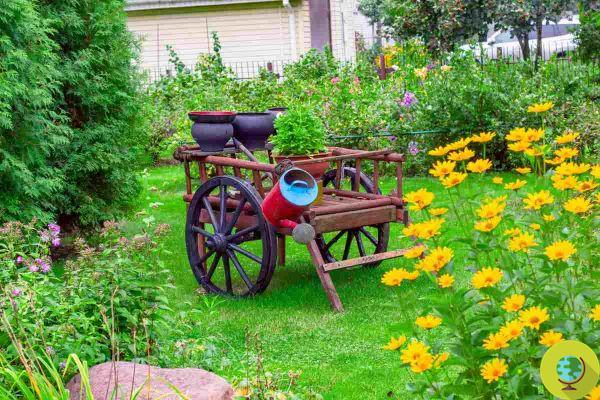Urban gardens and pollution. Is growing a vegetable garden in the city really safe? Those living in a large city may be more concerned about land pollution than others.
He is about to end up run over, his mother saves him
Cultivate a vegetable garden in the city is it really safe? Those living in a metropolis may be more concerned than others aboutland pollution. Fortunately, there are solutions to remedy and prevent the contamination of the soils.
Washing fruit and vegetables well - as we would do for supermarket purchases - remains a good habit. If the pollution problem is serious, there is a very simple solution: buy organic and naturally grown vegetables on farms in the countryside. Here are some tips to limit pollution in urban gardens.
Read also: Urban gardens: the danger of heavy metals
Index
Grow in pots
The dangers of soil pollution are contained by the choice of grow in pots. Thanks to this type of cultivation, in fact, we start from scratch with respect to choice of soil on which the plants will grow. Here then we will opt for a quality soil, certified as organic and not obtained from potentially polluting waste and waste. Thus you will get an additional guarantee. The lucky ones will be able to enrich the vases with del undergrowth soil collected in natural areas away from traffic.
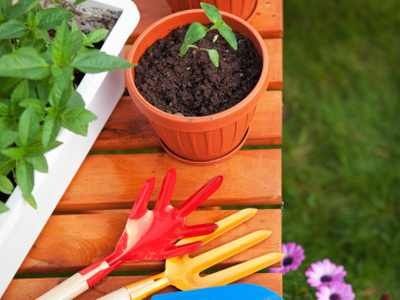
2) Soil test
If you intend to start a real vegetable garden, and maybe you plan to create a social garden or a shared garden in a big city, contact an expert who will be able to carry out the necessary tests to verify the presence of heavy metals or pollutants in the ground. You can decide to go to another area, cleaner, or to resort to landfill, which is safe.
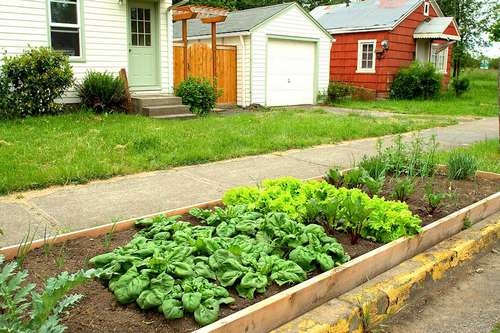
3) Remediation
One of the most interesting remediation techniques involves the use of hemp, or other suitable plant species, and is called phytoremediation. It involves cultivating plants on polluted soils that are able to absorb harmful agents and restore the health of the soil. The realization times are longer than a normal reclamation, but the result is more sustainable.
Read also: Hemp: 10 uses in the most diverse sectors

4) Container gardening
It is a suitable solution for anyone who owns one rather large space, without having the possibility to renew the ground at the base, which could be polluted. So here is the suggestion to use gods caissons to be placed on the surface of the garden and to be filled with high quality soil and domestic compost, in order to avoid contact of the plants with soils at risk of pollution. This is a method recommended by the Soil Science Department of the North Carolina State University within the document “Minimizing Risks of Soil Contaminants in Urban Gardens”.
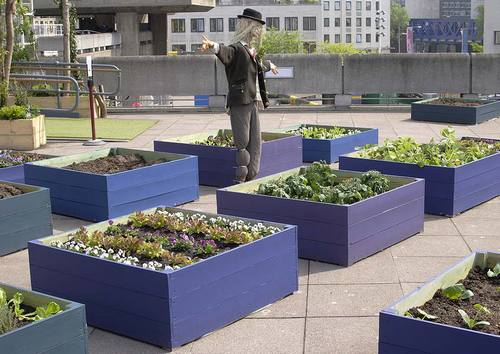
5) Homemade compost
A part of the pollution that risks affecting urban gardens also derives from the use of chemical fertilizers. How can we think of enjoying healthy vegetables if we choose to spray them with unidentified synthetic substances and potentially toxic to health? Here then, to enrich our soil and allow plants to grow more luxuriantly, we can think of resorting to home composting, in external boxes or in one composer from balcony. Thus, thanks to the waste parts of fruit and vegetables, new truly healthy foods will be born. Compost enriches the soil and at the same time limits the risks related to the presence of any contaminants.
Also read: How to build your own balcony composter
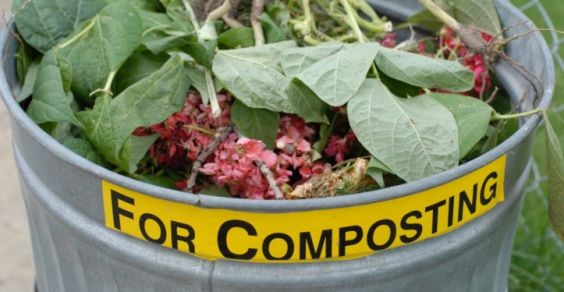
Pesticides and insecticides
A further pollution factor for urban gardens is represented by the use of pesticides and insecticides. Not all urban horticulturists, in fact, they choose organic and natural cultivation methods, despite having opted for theself. The advice is to forget the many products that we find on sale and to rely on natural remedies, starting from inter-associations between vegetables, up to macerates based on garlic, onions or nettle to prevent and treat plant diseases.
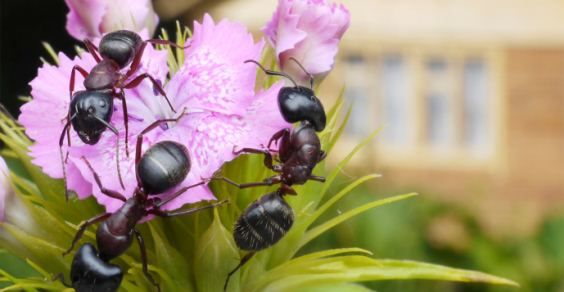
READ also: 12 do-it-yourself organic fertilizers and pesticides against garden pests
Washing of vegetables
Common sense suggests you wash all the vegetables thoroughly, both those we buy and those we grow in our garden. If it is a city vegetable garden, the experts ofUniversity of California suggest removing the leaves and the outermost parts of the vegetables before washing, with particular reference to the peel. For added safety, experts recommend carrying out pollution assessment tests on products from your garden.
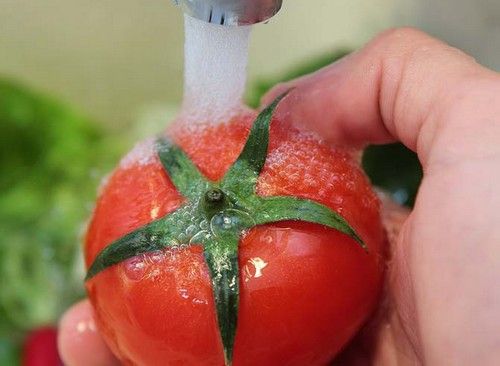
Personal and tool hygiene
If you are unsure of the composition of the soil in your garden and the presence of contaminants, remember to wear some gloves during sowing, harvesting and transplanting. Always wash your hands very well after working in the garden and change your shoes before entering the house. As Californian experts suggest, it is good to avoid that children accidentally ingest the soil collected in the garden. Also, it is very important keep tools clean and remove rust,
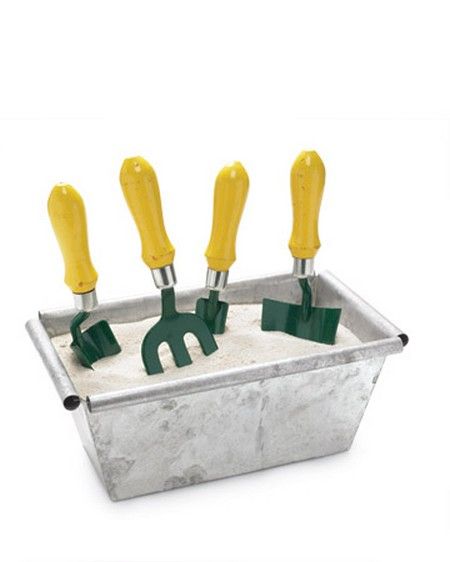
Cultivation
When choosing the vegetables to plant, pay attention to typology and at areas more at risk than the garden, for example, if a part of it is more exposed to traffic. The varieties that remain most in contact with the earth are root vegetables and tubers, such as carrots, potatoes, radishes, garlic and onions. Less contact is expected for plants that can grow tall, such as tomatoes, courgettes and other climbers, which will be less exposed to contamination. In the opinion of the experts, the intermediate level of risk concerns lettuce, salads, cabbage and broccoli.
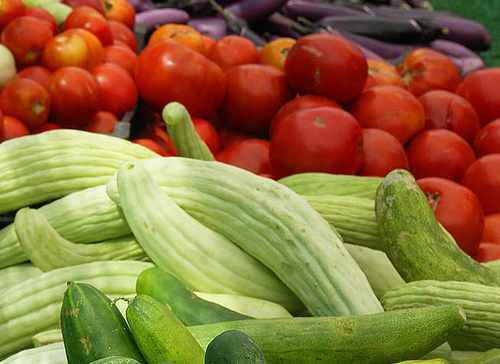
Protection
Remember to protect your city garden as much as possible. For real gardens, it is very useful to create some natural barriers towards the outside, which may consist of hedges, bushes and fences, which will limit direct exposure to polluting gases emitted by traffic. As for the garden on the balcony, choose a space that does not directly overlook the street, protect the plants with nets and non-woven fabric and create a corner dedicated to them, perhaps protected from the outside by a screen or from a small greenhouse.
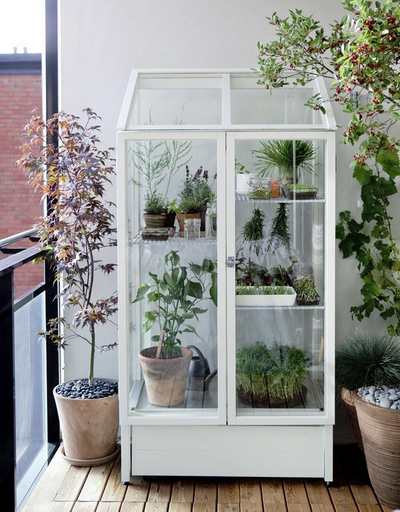
Marta Albè
Photo source: ncsu.edu
READ also:
Urban gardens: the danger of heavy metals




